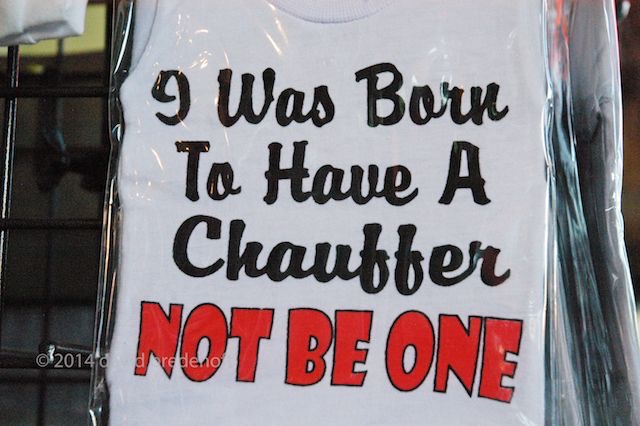I dropped and broke the coffee cup purchased in a local charity recycle shop as I unloaded the dishwasher. I remembered why I bought it in the first place.

On the side is an artist’s rendering of a blond, ditzy-looking young woman and the words “Born to be spoiled (hint, hint)”. No longer useful as a cup, it’s now safe only in the garbage or as garden art.
What’s “spoiled”?
Spoiled is an interesting adjective. When my son was courting my daughter-in-law, who grew up in a Chinese family in Malaysia, time and time again, she said, “He spoils me.”
As an author of a book on overindulgence, I couldn’t help but be stopped by her obvious pride and pleasure in describing my son’s attentions and thoughtfulness as spoiling. To me, “spoiled” is not something to brag about. To her, it meant “He treasures me.”
The idea that “spoiled” may mean caring, loved, and prized was an unfamiliar concept. “Spoiled” in my culture means any number of things like uncaring, self-centered, superior.
Research Through Grandchildren
When two of my grandchildren, ages 15 and 12, were visiting this summer I decided to get their input and asked: “What do you think is overindulgence?” Their responses:
· A spoiled brat
· Someone who isn’t learning the skills to live right
· When the parents want to make the kid special
Then I asked, “How would you describe them (the ‘spoiled’ kids)?”
· Self-righteous
· “Spoiled” means you’ve gone bad in some way.
· When a person thinks they’re so much bloody better than everyone else and they’re told that all the time.
One more question of my small sample of experts. “What would you like to tell their parents?”
· Do you really want to raise someone who acts like that? How will your kid react when he gets fired from a job or when she gets down on their luck as adults?
· Why don’t you, out of the blue, make their stuff disappear randomly so they learn to appreciate what they have.
· When the child wants something, they can do a job and earn the money to buy it.
· Buy something your kid wants that isn’t too expensive and watch to see how much dust collects.
The dust would be proof the child is overindulged.
And finally, the 15 year-old said, “It would be difficult to tell the parents anything unless you have real evidence. Some parents are in complete denial. They’d say stuff like “Our Elizabeth isn’t like that.”
Advantages of Being Spoiled?
I couldn’t believe they were seeing past the deliciousness associated with having your way and nearly always getting what you wanted, so I asked, “Do you see an advantage of growing up spoiled?”
I’d like to have everything I wanted and I’d like not to have chores, but I wouldn’t want to turn out like the spoiled kids I see at school.
Overindulgence or Spoiling?
We authors of How Much Is Too Much? say that overindulgence is much more than spoiling. I don’t know if the opinions expressed here are the opinions of many other kids, but clearly, these two grandchildren think overindulgence is mostly about things that cost money.
And they call having whatever you want that costs money “spoiling”.
What they call “spoiling” we call too much. Our research studies also identified that “spoiling” children also results when parents over-function for kids (overnurture) and when adults fail to set healthy boundaries or not having rules (soft structure).
Please remember that no parent intends to harm their children by overindulging them. It’s a matter of straightening out the ways to transmit love so that their love actually serves to strengthen their children, not weaken them.
There is more help about avoiding overindulgence in How Much is Too Much? Raising Likeable, Responsible, Respectful Children – From Toddlers To Teens – In An Age of Overindulgence (2014, DaCapo Press Lifelong Books).
Photo by David Bredehoft


